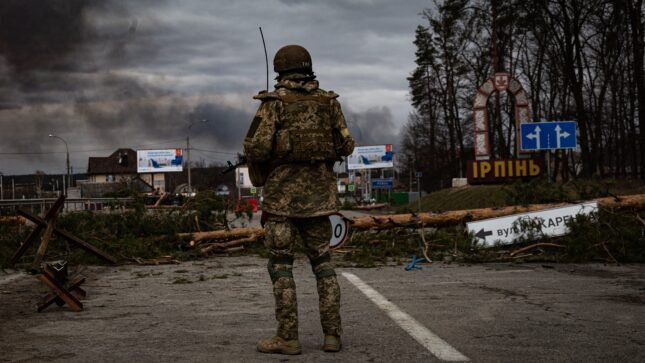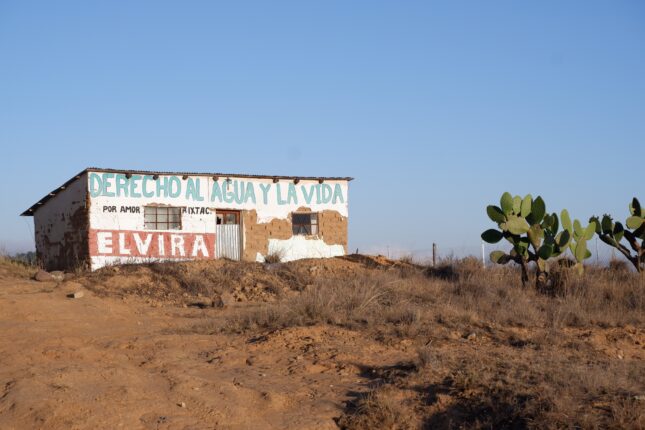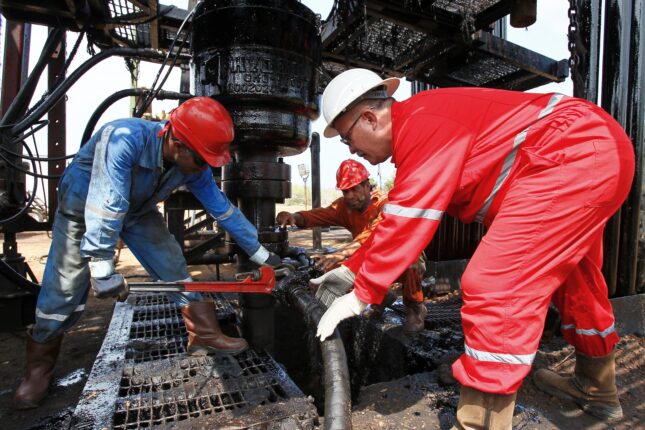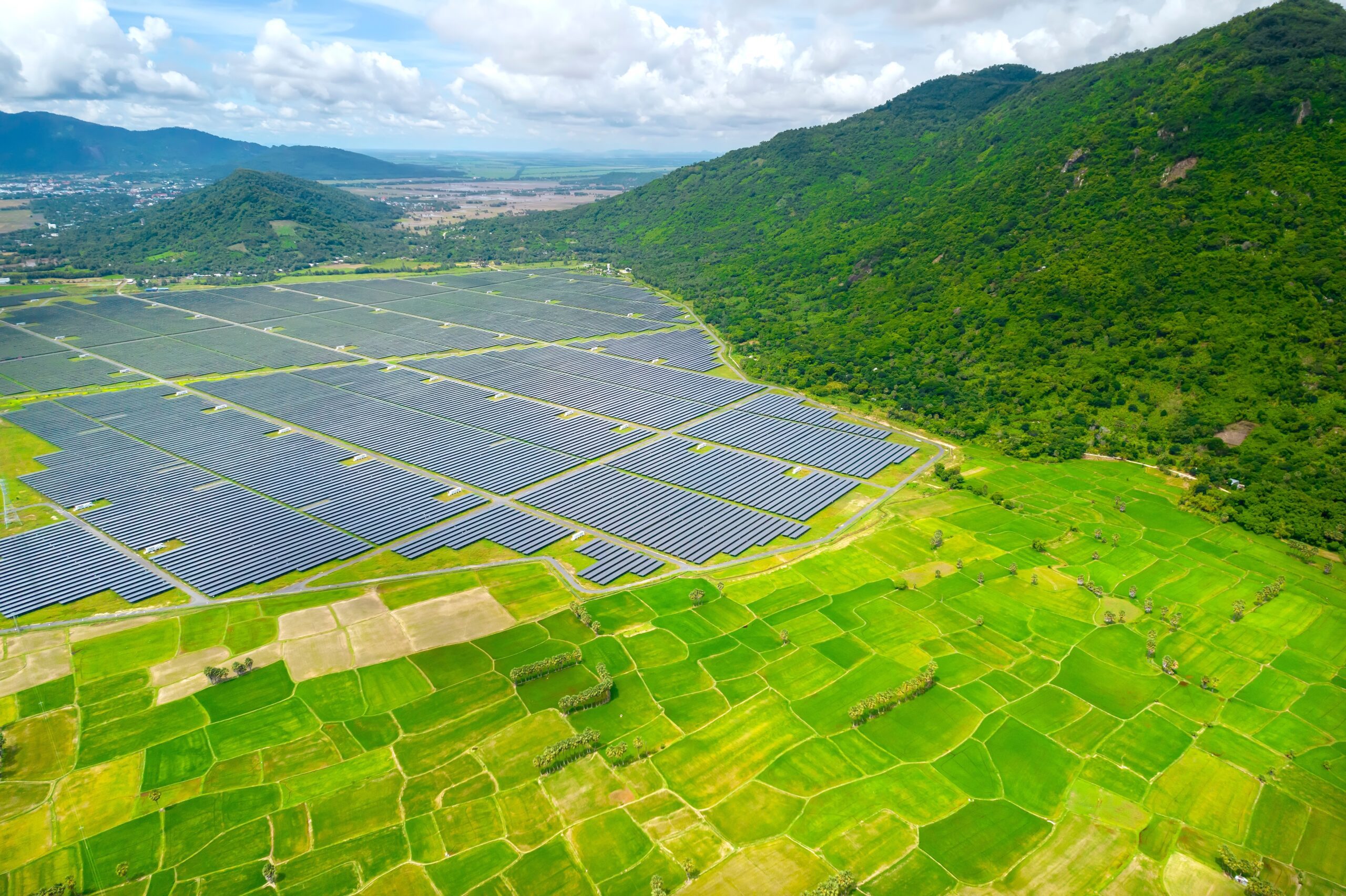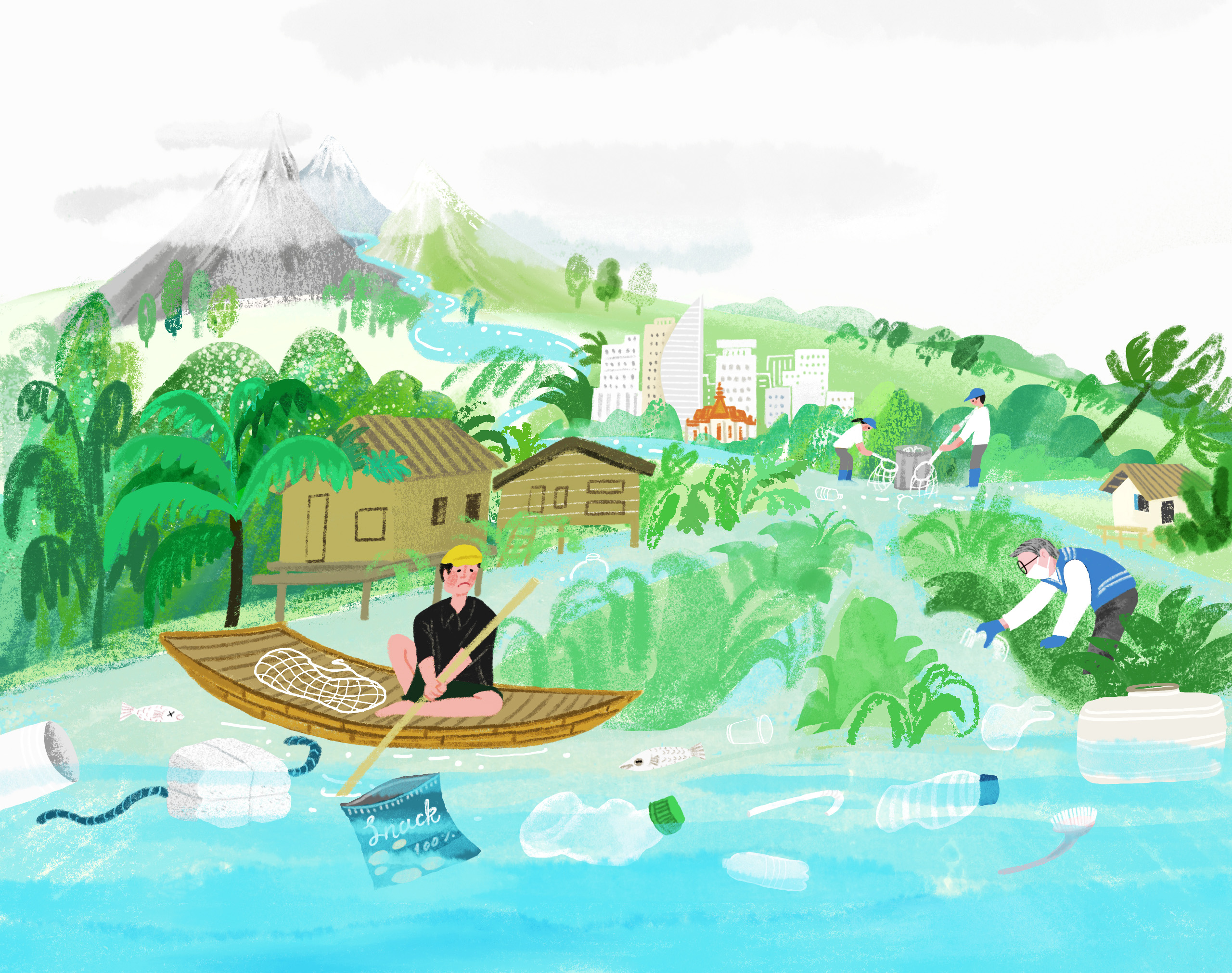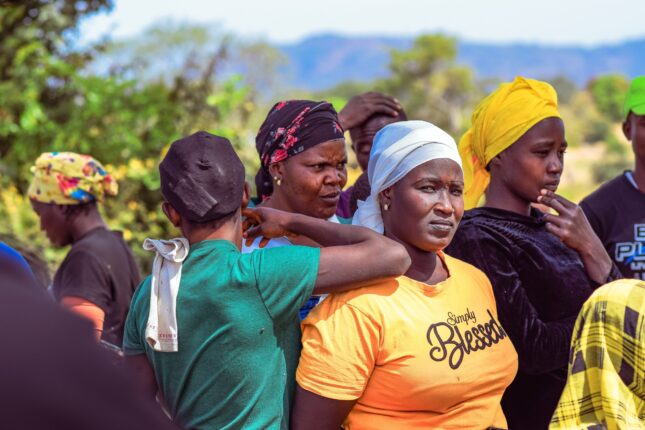-
When Going in Circles is a Virtue: “The Circular Economy”
›
As an economic model that emphasizes the continual use of resources by rethinking waste and product design and promoting a shared economy mindset, the “circular economy” (CE) now resonates across a wide range of stakeholders—including key players in the private sector, major environmental groups, individual countries, multilaterals, and donors. Yet progress in adopting CE among developing nations has been slow and uneven.
-
Classic Geopolitics and Today’s Nexus of Conflict and Climate
›
In recent weeks, users of the social network Bluesky were able to watch a compelling video featuring Jessica Newberry Le Vey—a Climate Change and Health Policy Fellow at Imperial College’s Climate Cares Centre. The video begins with Le Vey’s direct-to-camera assertion that the climate crisis is a health crisis affecting people around the world. Then Le Vey’s image disappears—yet we hear her (or someone who sounds eerily like her) speak over a compendium of combat footage that includes video of ATACAM missiles being fired and larger strategic missiles on the move. Climate is important, declares the speaker, but there are more serious problems that threaten our security.
-
Charged Up: China Driving Thailand’s EV Industry
›China and the Global Energy Transition // China Environment Forum // Guest Contributor // January 9, 2025 // By Nayan SethIn April 2024, Thai government officials traveled to the Chinese provinces of Fujian and Guangdong with a single-point agenda – convincing the leading Chinese electric vehicle (EV) battery makers to invest in their country. Two months later, the global leader in the EV battery industry, China’s Contemporary Amperex Technology Limited (CATL), announced an initial investment of over $100 million to set up an assembly plant in collaboration with a local Thai state-owned company.
-
Low-Carbon Transitions: A Spur (and a Solution) to Colonial Violence?
›
At the recent G20 meeting in June 2024 in Rio de Janeiro, United Nations Secretary General António Guterres gave an ominous warning: “Unless we limit global temperature rise to 1.5 degrees Celsius, spiraling disasters will devastate every economy.” Guterres implored governments to “speed-up the just transition from fossil fuels to renewables,” and declared that “the end of the fossil fuel age is inevitable.”
-
The Traumas of Unplanned Decarbonization in Fragile States
›
It is widely recognized that oil states are rarely democratic, and often conflict-prone. As these governments wind down their dependence on this toxic resource as part of broader global efforts to decarbonize, one might imagine that the end of oil will spell a better future for the citizens of oil-producing countries. Sadly, a look at the cases of fragile fossil fuel producing states (FFFPs) suggests that this may not be the case.
-
A Little Help from My Friends: Chinese Clean Energy Investments in Vietnam
›China and the Global Energy Transition // China Environment Forum // Guest Contributor // December 19, 2024 // By Linjie Bao & Diego MonteroIn his speech on the world’s struggle against poverty at the 19th G20 Summit in Rio de Janeiro in November 2024, China’s President Xi Jinping, cited his country’s standout track record of wealth creation, and exulted: “If China can make it, other developing countries can make it too.
China’s promise to guide the Global South on the path toward modernization has included support for green and sustainable development. Yet its pledge also holds a central environmental challenge, especially as the share of global greenhouse gas emissions from emerging markets and developing economies continues to increase.
-
The Struggle Against Plastic Choking the Mekong
›China Environment Forum // Guest Contributor // Vulnerable Deltas // December 19, 2024 // By Anton L DelgadoOn Son Island in Vietnam’s Mekong Delta, Le Trung Tin scatters fish feed into his ponds, where dozens of snakehead fish leap through the surface in synchronised bursts. “I taught them how to do that,” he says proudly, tossing another handful of feed at his fish.
The scene looks idyllic, but Le’s fish farm is a reluctant response to an escalating crisis. For decades, he made his living fishing the Hau River, a distributary of the Mekong. But in recent years, plastic waste clogged his nets and strangled the fish. “I had no choice but to stop,” he says. “Everything was tangled – trash, nets, even the fish themselves. It was hopeless.”
-
Rethinking Peacebuilding in Northeastern Nigeria
›
In October 2024, women from countries across the globe converged on New York for the United Nations Security Council’s annual open debate on Women, Peace and Security (WPS).
In Nigeria, however, thousands of women and girls were sighing in despair. Many of them were thinking about where they might find their next meal. A humanitarian crisis in Nigeria’s northeast region remains critical, and people living there are in dire need of food, clothing and shelter.
Showing posts from category Guest Contributor.


